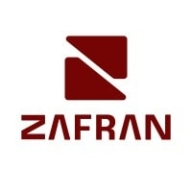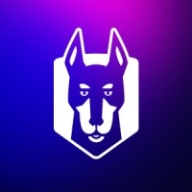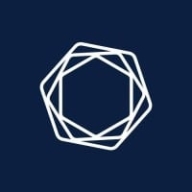


Tenable Security Center and Snyk compete in the vulnerability management category, with each offering distinct strengths. While Tenable excels in comprehensive asset coverage, Snyk's strength lies in its simplicity and developer-centric approach, providing cost-effective and flexible solutions.
Features: Tenable Security Center offers extensive vulnerability scanning with features like Assurance Report Card, predictive prioritization, and asset discovery. Snyk provides robust open-source and container security, developer-friendly integrations, and an accurate vulnerability database, making it easy for developers to address issues quickly.
Room for Improvement: Tenable could improve in customizing reports and enhancing web application scanning. Users suggest better data correlation and compliance policy creation. Snyk can enhance static analysis features, increase language support, and refine reporting and notification systems.
Ease of Deployment and Customer Service: Tenable is typically deployed on-premises, providing a familiar environment but requiring more setup and support interaction. Snyk integrates seamlessly with cloud environments, praised for ease of use, though support could be more consistent to enhance self-sufficiency.
Pricing and ROI: Tenable is considered expensive, yet its ROI is justified through comprehensive coverage and reporting capabilities. Snyk offers competitive pricing for its developer-focused analysis, providing good value through robust integration and advanced features compared to its higher cost.



| Company Size | Count |
|---|---|
| Small Business | 20 |
| Midsize Enterprise | 9 |
| Large Enterprise | 21 |
| Company Size | Count |
|---|---|
| Small Business | 22 |
| Midsize Enterprise | 10 |
| Large Enterprise | 26 |
Zafran Security integrates with existing security tools to identify and mitigate vulnerabilities effectively, proving that most critical vulnerabilities are not exploitable, optimizing threat management.
Zafran Security introduces an innovative operating model for managing security threats and vulnerabilities. By leveraging the threat exposure management platform, it pinpoints and prioritizes exploitable vulnerabilities, reducing risk through immediate remediation. This platform enhances your hybrid cloud security by normalizing vulnerability signals and integrating specific IT context data, such as CVE runtime presence and internet asset reachability, into its analysis. No longer reliant on patch windows, Zafran Security allows you to manage risks actively.
What are the key features of Zafran Security?
What benefits can users expect from Zafran Security?
In industries where security is paramount, such as finance and healthcare, Zafran Security provides invaluable protection by ensuring that only exploitable vulnerabilities are addressed. It allows entities to maintain robust security measures while allocating resources efficiently, fitting seamlessly into existing security strategies.
Snyk excels in integrating security within the development lifecycle, providing teams with an AI Trust Platform that combines speed with security efficiency, ensuring robust AI application development.
Snyk empowers developers with AI-ready engines offering broad coverage, accuracy, and speed essential for modern development. With AI-powered visibility and security, Snyk allows proactive threat prevention and swift threat remediation. The platform supports shifts toward LLM engineering and AI code analysis, enhancing security and development productivity. Snyk collaborates with GenAI coding assistants for improved productivity and AI application threat management. Platform extensibility supports evolving standards with API access and native integrations, ensuring comprehensive and seamless security embedding in development tools.
What are Snyk's standout features?Industries leverage Snyk for security in CI/CD pipelines by automating checks for dependency vulnerabilities and managing open-source licenses. Its Docker and Kubernetes scanning capabilities enhance container security, supporting a proactive security approach. Integrations with platforms like GitHub and Azure DevOps optimize implementation across diverse software environments.
Get a risk-based view of your IT, security and compliance posture so you can quickly identify, investigate and prioritize your most critical assets and vulnerabilities.
Managed on-premises and powered by Nessus technology, the Tenable Security Center (formerly Tenable.sc) suite of products provides the industry’s most comprehensive vulnerability coverage with real-time continuous assessment of your network. It’s your complete end-to-end vulnerability management solution.
We monitor all Vulnerability Management reviews to prevent fraudulent reviews and keep review quality high. We do not post reviews by company employees or direct competitors. We validate each review for authenticity via cross-reference with LinkedIn, and personal follow-up with the reviewer when necessary.